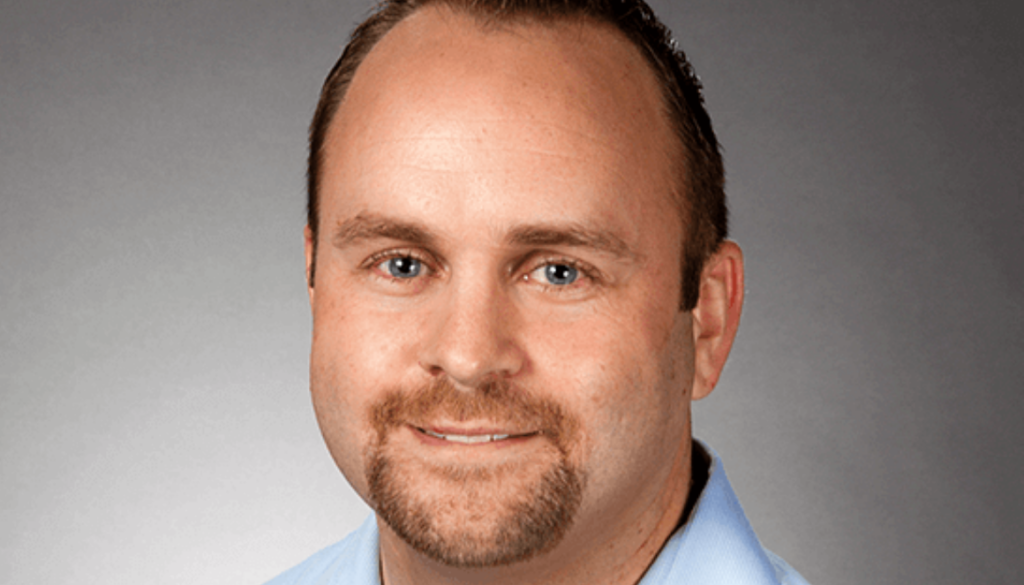Social Media Metrics Financial Advisors Should Avoid: A Q&A With Bulk.ly’s Chris Makara
Now more than ever, professionals are utilizing tools to track their social media metrics to gauge their success. With all this measurable data at our fingertips, what is the most worthwhile information to track? Which data should be avoided?
We chatted with Chris Makara, founder of Bulk.ly, to learn what social media metrics should be avoided by financial advisors, and which ones should be embraced.
LH: In a digital age that is extremely numbers driven, why is it important to track your social media metrics for your business? Why do they matter?
CM: It’s important to track so that you know what is or isn’t working. If you’re not tracking your efforts, how do you really know they are working? By gathering data, you’ll be able to understand how social media is impacting your efforts.
LH: For financial advisors, what is the biggest mistake they make when tracking social media metrics?
CM: The biggest mistake I typically see is not tracking your social media efforts separate from organic social media efforts. What this means is that of the people who decide to track social, they should take it a step further. Basic tracking will lump all efforts into a single bucket for each social media channel. This is good for a high-level view.
However, you need to utilize Google UTM parameters on the URLs you schedule/share on your social media accounts so that you can see the difference your social media accounts drive compared to the organic sharing of your content by others.
Basically, it will allow you to see if it is your social media account actually driving the traffic to your site or others.
It’s more of an “in-the-weeds” topic which I fully cover in a post about properly tracking social media.
LH: From your professional view, what social media metrics should financial advisors avoid? Why?
CM: I’d stay away from what I consider vanity metrics. These are typically things like number of followers, number of shares, etc. While these things are ok to know, I wouldn’t base any major business decisions off of them.
For example, you can have a large number of followers but if they aren’t engaged or even the right audience they aren’t going to help you reach your goals.
LH: On the other hand, which social media metrics should financial advisors embrace? What makes these better tools?
CM: I alluded to it in my previous answer, but engagement is one to take note of. It shows you numerous things. Particularly are they active users, interested in your posts, etc. I’d also look at setting goals. Since social media is typically a top of funnel channel, a goal might be to track how many newsletter subscribers do you get from social.
To track, you’ll more than likely need to use several tools. The one constant would be Google Analytics and the other would be based on which platforms you need to measure. Some social channels like Twitter have analytics built into it where you can see engagement data, link clicks, etc.
LH: How do you suggest to avoid these seemingly useful social media metrics tools?
CM: There are quite a few social media tools. In fact, there are well over 600 different social media tools.
It’s hard to find a single tool that will solve all of your reporting and analytics needs. So, in order to avoid having to use a lot of different tools, it’s best to know what you want to track/measure. Once that’s known, it will make it easier to decide on what tool(s) you need to use to gather and analyze your data.
LH: Anything else to add?
CM: It’s important to know what you want to measure as early as you can. Not only what to measure, but what are the KPI’s to pay attention to. I recommend trying to keep the KPI’s few (like less than 5 if possible) so that you can focus on them closer and look at ways to improve them as you get more data and insights.
Having established KPI’s and goals will help guide your overall social strategy and ultimately help you concentrate on improving the things you are measuring.
Since 2003, Chris Makara has developed a broad digital marketing background with a focus on SEO, Social Media, Automation and Analytics. He is the founder of Bulkly, a social media automation tool for individuals and small businesses. Feel free to find him on LinkedIn or Twitter.




